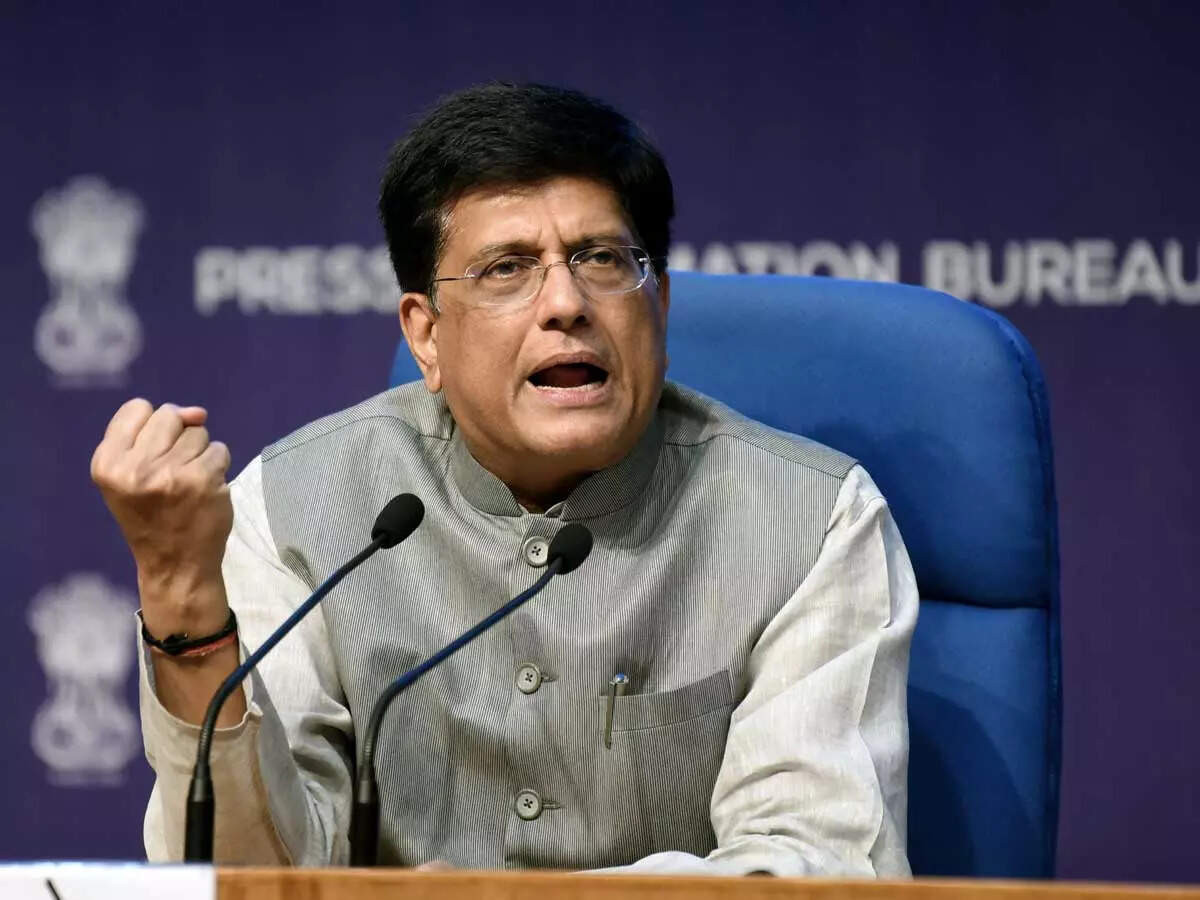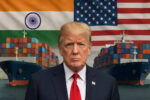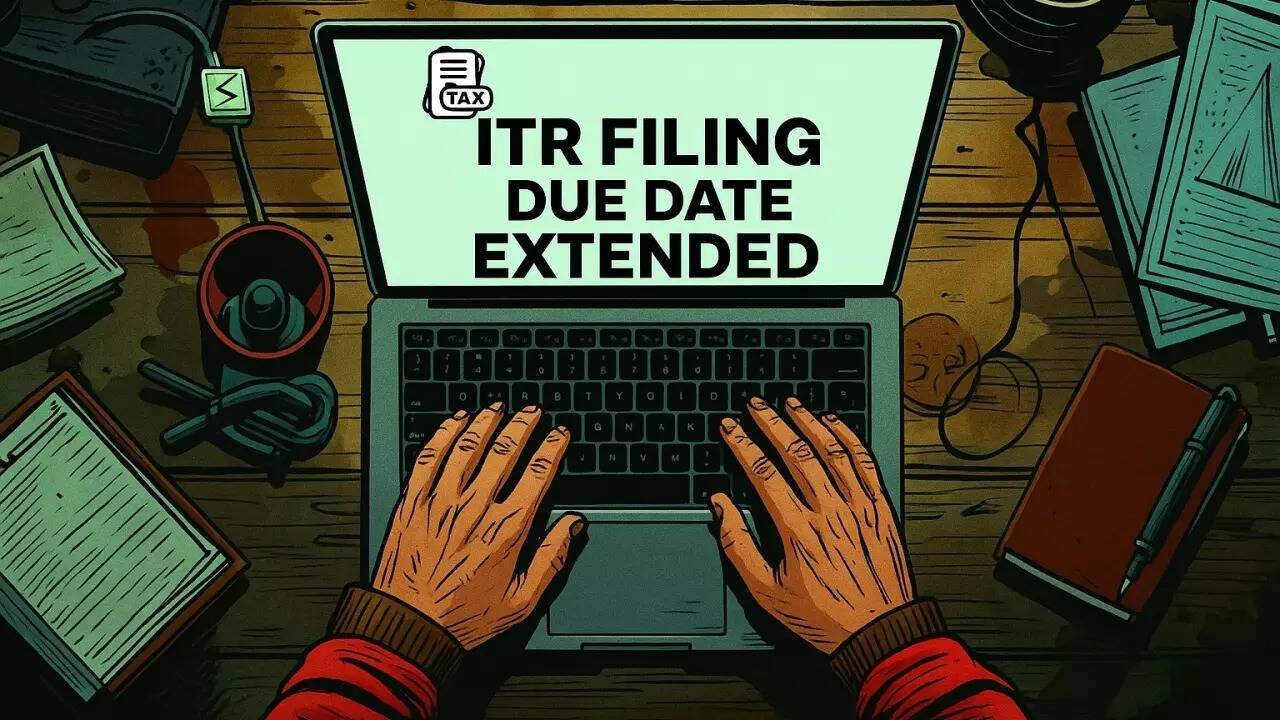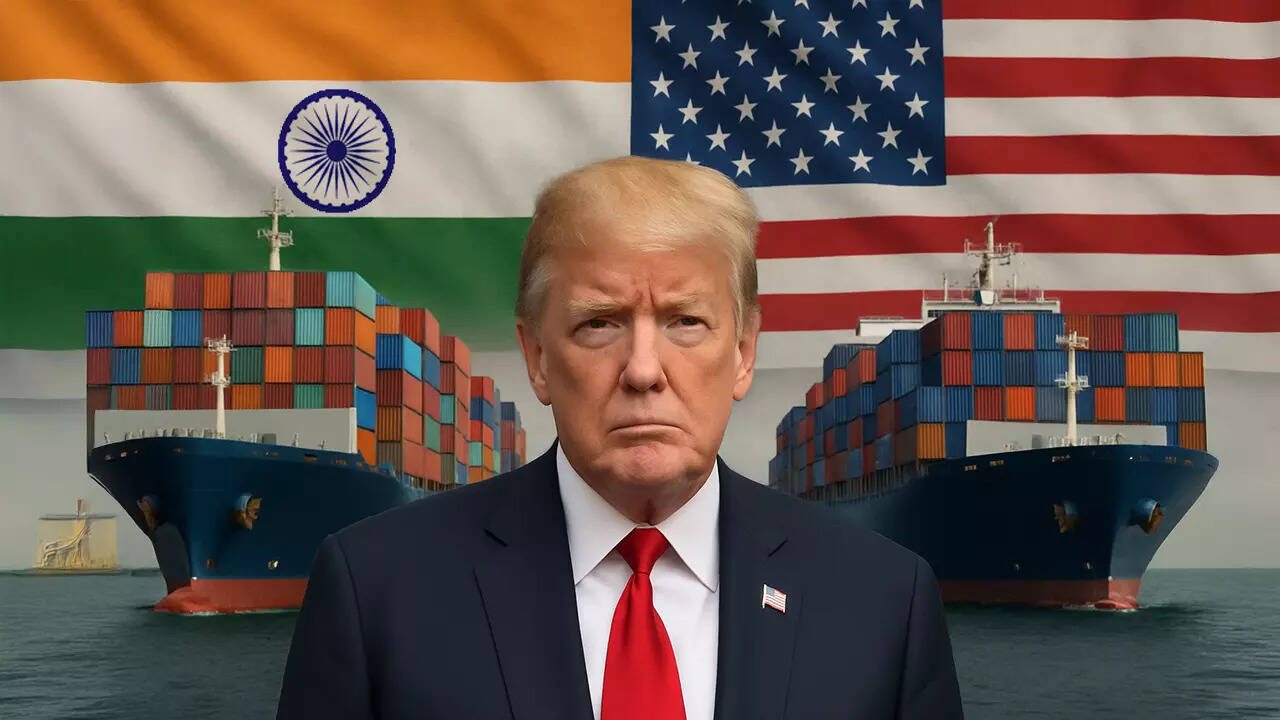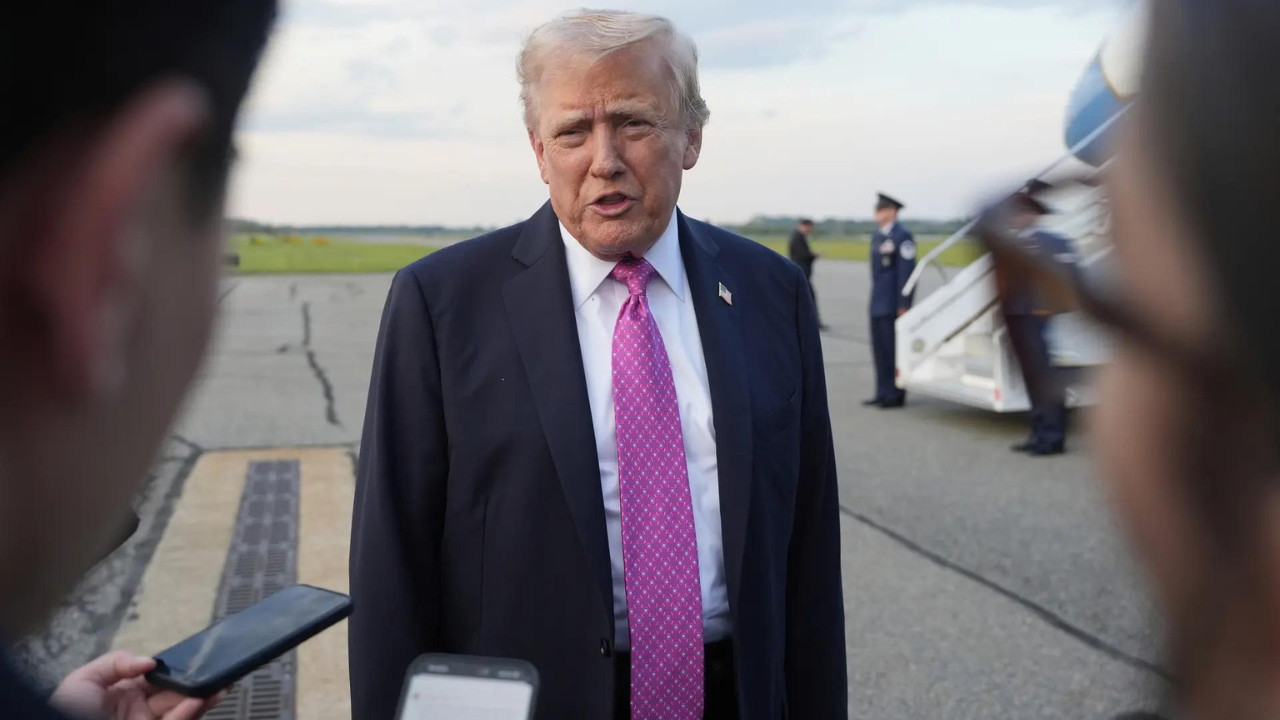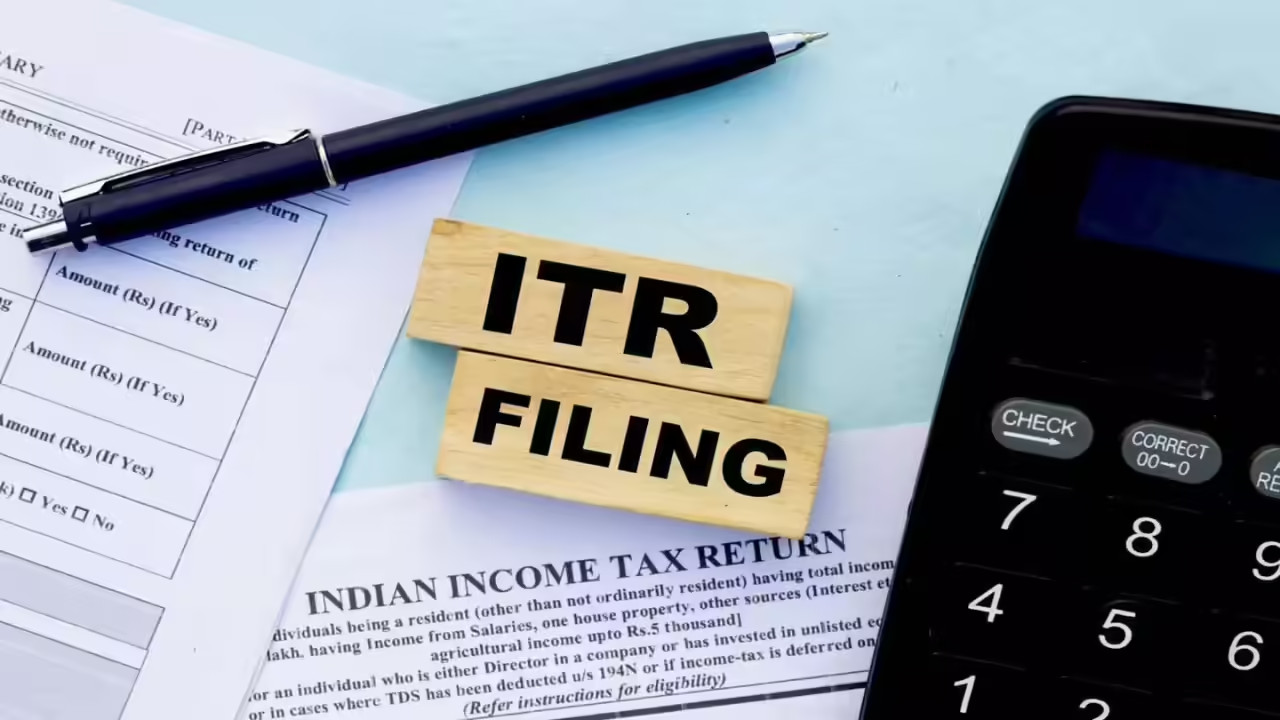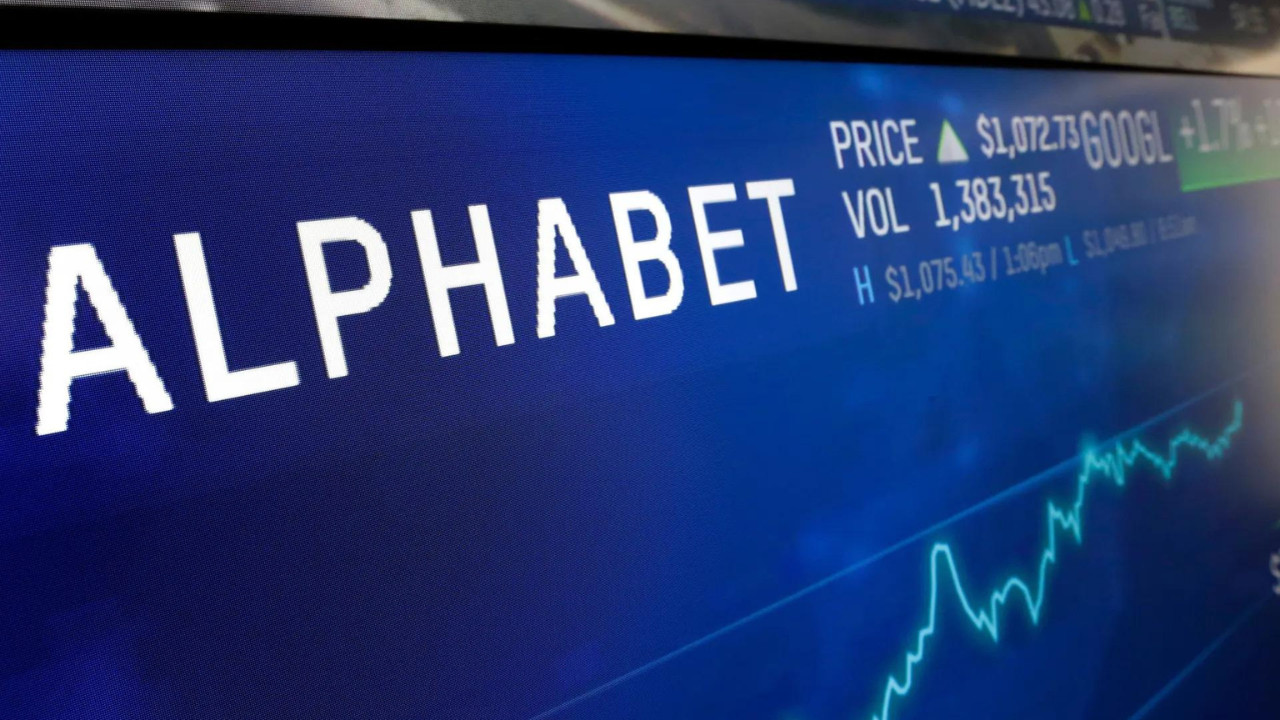India is actively engaged in free trade agreement (FTA) negotiations with key partners like the EU, US, Chile, and Peru, according to Commerce Minister Piyush Goyal. He emphasized the world’s interest in India as developed economies seek trade discussions.
India’s Trade Winds: A Whirlwind of FTA Negotiations
The global trade landscape is a dynamic beast, constantly shifting and evolving. India, with its burgeoning economy and ambitious growth targets, is right in the thick of it, actively shaping its future through a flurry of Free Trade Agreement (FTA) negotiations. Instead of playing a passive role, India is aggressively pursuing agreements with key economic partners, signaling a clear intention to solidify its position as a major player on the world stage.
Forget the image of slow-paced bureaucratic processes. As Commerce and Industry Minister Piyush Goyal recently pointed out, India’s FTA negotiations are a full-throttle, “subah se shaam” (dawn till dusk) affair. This relentless approach underscores the urgency and importance India places on securing beneficial trade deals. But who exactly is India engaging with in this high-stakes diplomatic dance, and what’s at stake?
America and India: Building a Stronger Economic Bridge
Among the most significant of these negotiations are those with the United States. While a comprehensive FTA remains a longer-term goal, both countries are actively exploring ways to deepen their economic ties through targeted agreements. A potential limited trade deal, focusing on specific sectors and products, could pave the way for a more comprehensive agreement down the line. This incremental approach allows both sides to address immediate concerns and build trust before tackling more complex issues. Strengthening the free trade agreement between India and the U.S. is crucial for bolstering bilateral trade and fostering economic growth.
Expanding Horizons: FTAs with Chile, the EU, and Beyond
Beyond the U.S., India is casting a wide net, engaging in FTA talks with a diverse range of partners. Negotiations with Chile aim to enhance access to key markets in South America, while discussions with the European Union (EU) represent a significant opportunity to unlock immense trade potential with one of the world’s largest economic blocs. These negotiations aren’t just about reducing tariffs; they also encompass crucial aspects like intellectual property rights, investment protection, and regulatory cooperation.

India’s ambitions extend beyond these major players. Active negotiations are also underway with countries in the Gulf Cooperation Council (GCC), a region of strategic importance for India’s energy security and trade. Furthermore, India is actively exploring trade opportunities with other nations in Africa and Latin America, demonstrating a commitment to diversifying its trade relationships and reducing its reliance on any single market.
Why This Matters: The Strategic Importance of FTAs
The aggressive pursuit of FTAs is not merely about increasing export volumes; it’s a strategic imperative for India’s long-term economic growth and development. These agreements provide Indian businesses with preferential access to foreign markets, making them more competitive and boosting exports. Moreover, FTAs can attract foreign investment, create jobs, and stimulate innovation.
But the benefits extend beyond the purely economic. FTAs can also strengthen diplomatic ties, foster greater understanding between nations, and promote regional stability. By actively engaging in trade negotiations, India is asserting its role as a responsible and influential global player, committed to shaping a more open and equitable international trading system.
Navigating the Challenges: A Delicate Balancing Act
Securing beneficial FTAs is not without its challenges. Negotiations can be complex and time-consuming, requiring careful consideration of competing interests and sensitivities. India must navigate these complexities skillfully, ensuring that any agreements it enters into are in its best long-term interests. This requires a delicate balancing act, protecting domestic industries while simultaneously opening up opportunities for Indian businesses abroad. The ongoing free trade agreement discussions require tact and strategy.
The “subah se shaam” approach adopted by the Commerce Ministry reflects a recognition of these challenges and a commitment to overcoming them. By dedicating significant resources and expertise to these negotiations, India is sending a clear signal that it is serious about securing its economic future.
Looking Ahead: The Future of India’s Trade Strategy
India’s proactive approach to FTA negotiations represents a significant shift in its trade strategy. No longer content to be a passive observer, India is actively shaping the global trade landscape to its advantage. The outcome of these negotiations will have a profound impact on India’s economic trajectory, influencing its growth prospects, its competitiveness, and its role in the world economy. The aggressive negotiation strategy signals India’s ambition to become a dominant force in global commerce, making the successful completion of these free trade agreement talks a critical component of its economic vision.
India’s ambitious pursuit of FTAs signals a clear intention to leverage trade as a catalyst for economic growth and global influence. By actively engaging with key partners across the globe, India is positioning itself for a future where it plays a central role in shaping the international trading system. Only time will tell the full impact of this dedicated effort.
